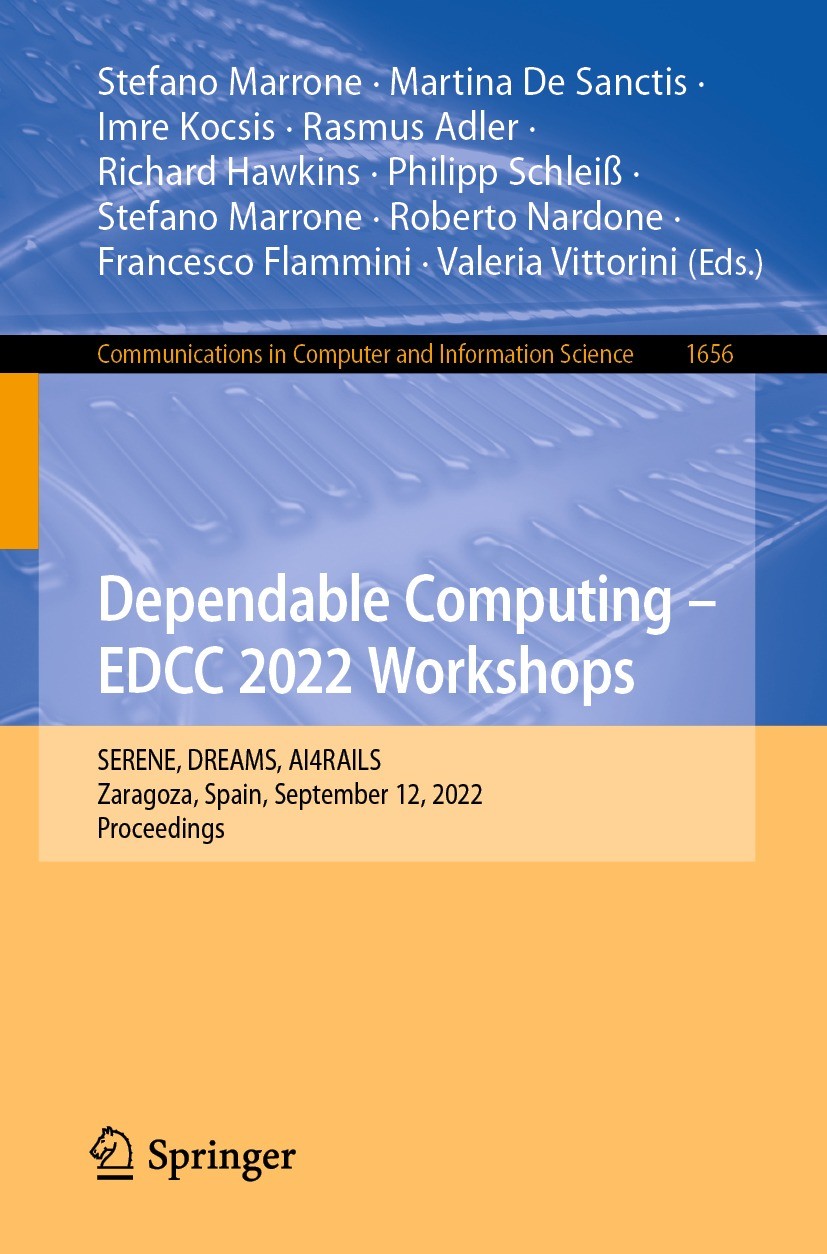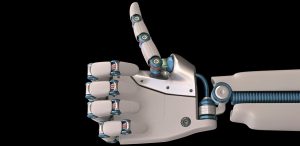The paper entitled “A Review of Intelligent Cybersecurity with Bayesian Networks” (Mauro Pappaterra, Francesco Flammini) has been accepted for conference presentation and publication in the proceedings of the 2019 IEEE SMC international conference, i.e. the flagship event of the IEEE Systems, Man and Cybernetics society, special session on Homeland Security: Tools and Methodologies.
The paper will be presented by master student Mauro Pappaterra, who has been granted registration costs and travel expenses by the Department of Computer Science and Media Technology.
Abstract
Cybersecurity threats have surged in the past decades. Experts agree that conventional security measures will soon not be enough to stop the propagation of more sophisticated and harmful cyberattacks. Recently, there has been a growing interest in mastering the complexity of cybersecurity by adopting methods borrowed from Artificial Intelligence (AI) in order to support automation. In this paper, we provide a brief survey and some hints about Bayesian Network applications to intelligent cybersecurity in order to enable quantitative threat assessment for superior risk analysis and situation awareness.
See also:
https://lnu.se/en/meet-linnaeus-university/current/news/2019/research-on-intelligent-cyber-security-to-be-presented-at-ieee-conference/
UPDATE, August 20th 2019
Mauro has also been selected as “Student or Young Professional Travel Grant Winner” for the SMC 2019 conference.
UPDATE, October 7th 2019
A picture of Mauro’s presentation:

UPDATE, December 2nd 2019
The paper is finally available from IEEE Digital Library at the following link:
https://ieeexplore.ieee.org/document/8913864
Plain text citation:
M. J. Pappaterra and F. Flammini, “A Review of Intelligent Cybersecurity with Bayesian Networks,” 2019 IEEE International Conference on Systems, Man and Cybernetics (SMC), Bari, Italy, 2019, pp. 445-452.
doi: 10.1109/SMC.2019.8913864
URL: http://ieeexplore.ieee.org/stamp/stamp.jsp?tp=&arnumber=8913864&isnumber=8913838









Recent Comments